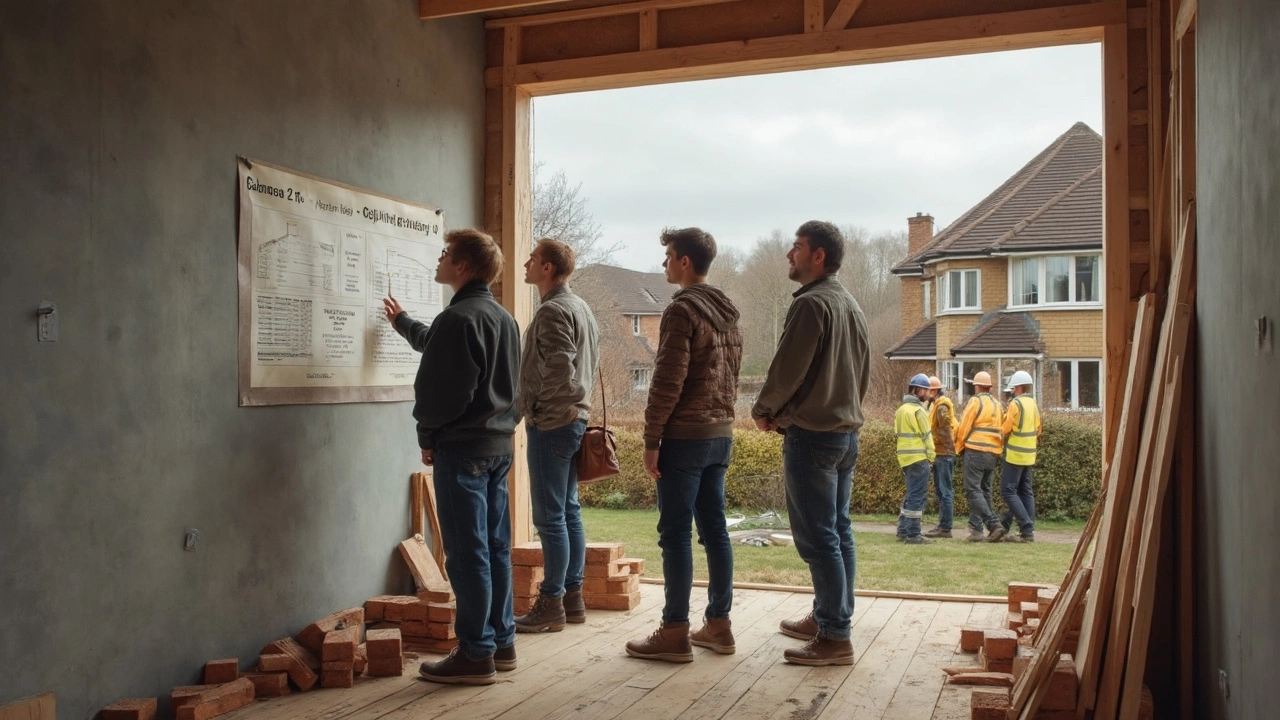Home Construction: Practical Tips for a Smooth Build
Starting a new build can feel like a giant puzzle. You’ve got a plot of land, a dream design, and a mountain of decisions to make. The good news is you don’t have to figure it all out alone. Below are clear, down‑to‑earth tips that will help you stay on budget, choose the right materials, and dodge the headaches that many first‑time builders face.
Budgeting and Planning
Before you even lift a hammer, sit down with a notebook or spreadsheet and write out every cost you can think of – land, design fees, permits, labour, materials, and a contingency fund. A realistic budget usually adds 10‑15 % extra for surprises. If you keep track of numbers from day one, you’ll spot overruns early instead of at the end when the bill arrives.
Next, map out a realistic timeline. Know which tasks depend on others – you can’t install windows before the walls are up. A simple Gantt chart or even coloured sticky notes on a wall can keep everyone on the same page, from the architect to the subcontractors.
Choosing Materials & Avoiding Common Pitfalls
When it comes to walls, flooring, and roofing, durability beats style in the long run. For new builds, many owners love hardwood, tile, or luxury vinyl for flooring because they stand up to traffic and spills. Check the manufacturer’s warranty and ask the supplier about wear ratings – it’s cheap insurance.
Foundations are the hidden hero of any home. Small hairline cracks in a fresh slab are normal, but wide or horizontal cracks can signal bigger problems. If you notice anything odd, bring in a structural engineer early. Fixing a foundation later can cost thousands, so a quick check saves money and peace of mind.
Don’t forget about the roof. Roof work often feels expensive because it involves safety gear, skilled labour, and quality materials. Choosing a reputable roofing contractor and asking for a detailed breakdown of labour versus material costs helps you understand where your money goes.
Finally, pick a contractor who communicates clearly and has a solid track record. Ask for references, look at past projects, and confirm they hold the right licences. A Tier 1 or well‑reviewed local builder may charge more upfront, but they’re less likely to cut corners that could cost you later.
By keeping an eye on budgeting, timelines, material quality, and contractor reliability, you set your home construction up for success. Stay involved, ask questions, and trust your instincts – the house you’re building should feel right every step of the way.




